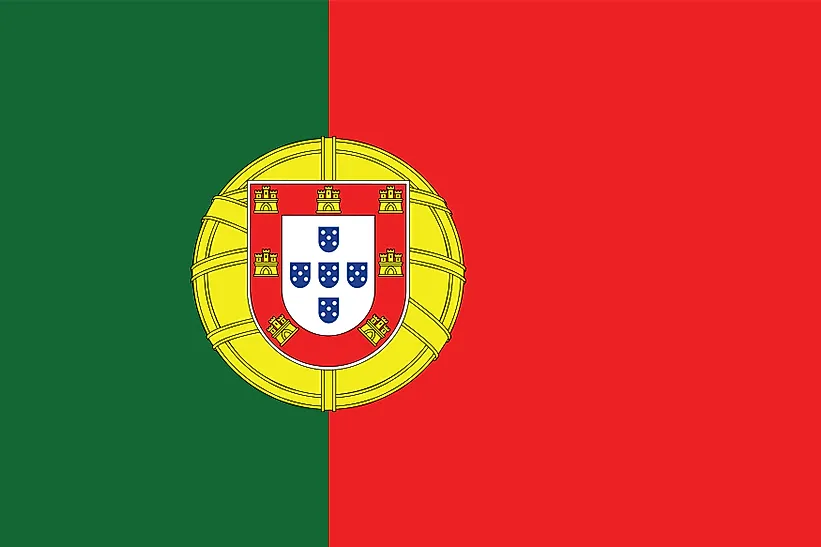
ポルトガル
| 大陸 | ヨーロッパ |
| 資本金 | リスボン |
| 人口 | 10,833,816 |
| GDP | $297.00 億円 |
| 一人当たりGDP | $28,500 |
| ダイヤルコード | +351 |
| ISOコード(2文字) | PT |
| ISOコード(3文字) | PRT |
Portugal Landscapes






About Portugal
Welcome to Portugal, a nation where maritime heritage meets modern innovation. With approximately 10.3 million people occupying 92,212 square kilometers, Portugal combines remarkable historical legacy with contemporary dynamism, standing as Europe’s oldest nation-state.
地理的特徴と自然の美しさ
Portugal’s geography encompasses diverse landscapes, from dramatic Atlantic coastlines to mountainous interiors. The country features the Douro Valley’s terraced vineyards, pristine beaches, and volcanic islands in the Azores and Madeira.
The landscape includes the Serra da Estrela mountains, the Alentejo plains, and Europe’s southwestern-most point at Cabo de São Vicente. The country’s varied topography creates distinct microclimates supporting diverse ecosystems.
Protected areas include numerous natural parks and marine reserves protecting unique species and landscapes. The country’s commitment to environmental protection focuses on preserving its natural heritage while promoting sustainable tourism.
文化遺産と伝統
Portuguese culture represents a rich blend of European and maritime influences. The country’s heritage includes distinctive architecture, particularly Manueline style, historic city centers, and ancient universities.
Traditional arts include azulejo tile-making, filigree jewelry, and fado music. Cultural practices feature religious festivals, while Portuguese literature and arts reflect a deep poetic tradition.
Portuguese cuisine features fresh seafood, olive oil, and wine, with dishes like bacalhau and pastéis de nata reflecting its culinary heritage. The tradition of café culture and family gatherings remains central to social life.
歴史の旅
Portugal’s history spans from ancient Roman province through maritime empire to modern European nation. The country’s seafaring tradition has shaped its development throughout history.
Significant periods include the Age of Discovery, colonial empire, the 1755 Lisbon earthquake, the end of monarchy in 1910, the Carnation Revolution in 1974, and integration into the European Union. The country’s maritime legacy continues to influence its identity.
現代の経済状況
Today’s Portuguese economy combines services, tourism, and manufacturing. The country has developed significant renewable energy capacity and technology sectors.
Recent initiatives focus on digital innovation, sustainable development, and ocean economy. Portugal’s strategic location and quality of life attract international investment and digital nomads.
国際関係とグローバルポジション
Portugal maintains active participation in the European Union while fostering connections with its former colonies through the Community of Portuguese Language Countries (CPLP). The country’s historical connections and diplomatic tradition extend its global influence.
ご存知でしたか?
• Portugal is one of the world’s largest producers of cork?
• The University of Coimbra is one of the oldest continuously operating universities in the world?
• Portuguese is the official language in nine countries across four continents?
• The world’s oldest bookstore, Livraria Bertrand, is in Lisbon?
結論
Portugal represents a unique combination of historical significance and modern adaptation. From its ancient cities to its innovative industries, from its maritime heritage to its renewable energy leadership, Portugal continues to evolve while preserving its distinctive character. As it addresses challenges including demographic change and economic modernization, Portugal remains committed to its role as a bridge between Europe and the wider world while maintaining its rich cultural traditions.